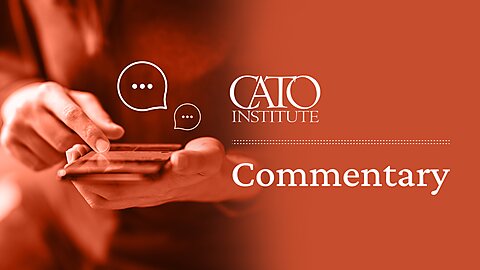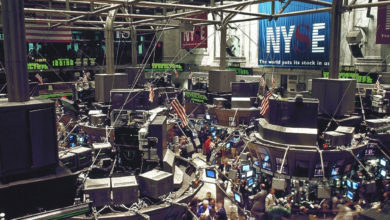UAW: Trump/Musk Exchange on Strikes Violated Federal Law

It seems the United Auto Workers union has something important in common with Elon Musk and Donald Trump: all three like to file dubious legal actions aimed at giving their opponents a hard time for expressing opinions.
Yesterday the venerable Detroit-based union, more than a quarter of whose members now work in academia, announced that it was filing charges at the National Labor Relations Board against the two men over Musk’s livestreamed Monday interview of Trump on X, formerly Twitter. Here’s how Reuters sums up the bit of the interview on which the union bases its complaint:
“You’re the greatest cutter,” Trump said to Musk during Monday’s conversation, complimenting the CEO’s ability to cut costs by saying he would not tolerate workers going on strike. “I mean, I look at what you do. You walk in, you just say: ‘You want to quit?’ They go on strike—I won’t mention the name of the company—but they go on strike. And you say: ‘That’s okay, you’re all gone.’ ”
According to the union, this amounted to “attempts to threaten and intimidate workers who stand up for themselves by engaging in protected concerted activity, such as strikes” and is unlawful under the National Labor Relations Act (NLRA).
I expect a court to slap this down, if the National Labor Relations Board (NLRB) doesn’t do so first. Discussing someone else’s workplace, as Trump was doing, isn’t “intimidation” and in general isn’t covered by the NLRA at all, aside from quite likely being covered by the First Amendment. The union may be right that the firing of strikers Trump described would often violate the NLRA, but no law prohibits public speakers, whether running for office or not, from incorrectly construing or describing what that statute does or does not allow. And while Musk himself would be held to more rigorous standards if addressing his own workforce—NLRB precedent in that situation broadly prohibits misstating what the law requires or threatening to break it—“chuckling” alone in a conversation heard by millions cannot count as threat or intimidation.
Don’t just take my word for it. Former Democratic-appointed chairs of the NLRB, interviewed in today’s coverage, say as much. The New York Times quotes Mark Gaston Pearce, the second of two NLRB chairs under Barack Obama, as perhaps tactfully describing the union’s complaint against Trump as “novel”: “Unless the union is able to show that Mr. Trump was speaking on behalf of Mr. Musk’s companies, ‘It’s not likely a charge is going to be able to stick.’” Reuters quotes Wilma Liebman, the other Obama chair, as conceding that Musk’s silence in response to Trump’s comments, chuckling aside, would “mak[e] it harder for the NLRB to find him liable” on any threat theory.
There is a lot of talk, a fair bit of it well-founded, of the dangers of “lawfare,” the use of legal process to go after political opponents. Curbing the lawfare spiral might call for some combination of self-restraint and wider availability of loser-pays or legal sanctions for meritless cases.





